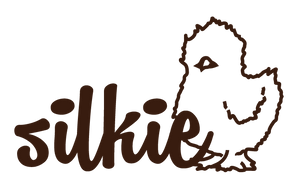TCM vs West - Eczema

Eczemas are often chronic and can occur locally or sometimes all over the body. TCM believes they are caused by toxins in the body.
There are fundamental differences in how Western and Eastern medicine approaches Eczemas.
In Western Medicine
It is typically called atopic dermatitis, acute eczema , infantile eczema and allergic eczema. It is a common inflammatory skin disease.
In TCM (Traditional Chinese Medicine)
It can be acute or chronic. Acute is most common in Damp-Heat or Wind-Heat. Chronic can be blood deficiency causing Wind stirring upward with Heat. Herbal therapy is available for the dampness and can be supported by the appropriate diet.
Symptoms
Different individuals may experience different symptoms. The symptoms that may manifest listed below:
- Skin rashes
- severe itching
- Small bumps may appear and leak fluid if you scratch them
- The rash often forms in the creases of your elbows, knees or fingers.
- Skin in areas where the rash appears may turn lighter or darker, or get thicker
- Recurrent and often evolves into a chronic condition
- can occur at any age
Diet & Prevention
Eat light balanced and digestible meals and drink plenty of water. It is best to avoid eating uncooked (raw), greasy, spicy foods, chocolate, mango, pineapple, cherry, coconut meat, eggs, and vitamin, fish without scales and fins (shellfish), and /or heat-inducing food. No smoking or drinking alcohol and coffee. Avoid oily and fatty foods which create Dampness.
Spicy food perpetuates Heat. Alcohol worsens both Heat and Dampness.
In Traditional Chinese Medicine the following herbs are recommended for individuals with Eczema
- Smilax
- Coix
- Gardenia
- Tokoro
- Houttuynia
- Rehmannia
- Rice Paper Pith
- Rhubarb
These statements have not been evaluated by the Food and Drug Administration.These products are not intended to diagnose, treat, cure or prevent any disease.

